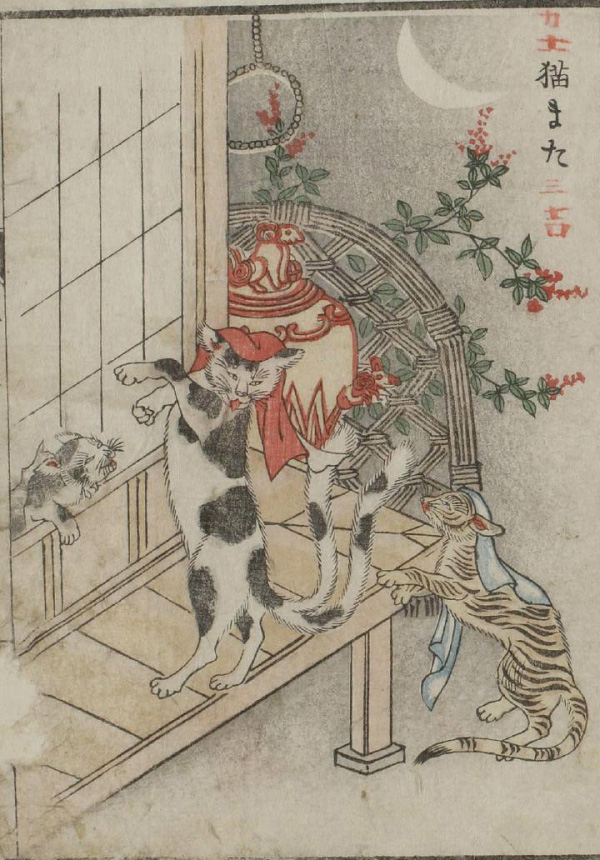I’m looking back on my old blog, and remembering that I used to ramble a lot more often about things I just liked. I’m going to get back on that.
Evan and I have been watching the show Mushi-shi lately. It’s a slow, quiet little anime, with each episode a self-contained storyline about someone who has been affected by creatures called Mushi. Mushi are beings that exist on the invisible spiritual plane, and when they interact with humans it’s almost always to cause disease. It’s probably inspired by the early Chinese belief that ascribed diseases to the actions of malignant spirits. The 16th century Japanese book Harikikigaki details some of these beings.
It’s an interesting anime, and one I’d definitely recommend taking a look at. The whole series is available to watch for free on Hulu or Netflix, if you happen to subscribe (don’t know whether either of those services are available to non-US residents… sorry).
In related news, the Japanese culture blog Pink Tentacle recently posted some images from Kaibutsu Ehon (or Illustrated Book of Monsters). It’s beautiful, and odd, and fascinating. The early Japanese tales that ascribed supernatural powers to pretty much everything that lived past its expected lifespan seems strange to me, but I know it’s only that I’ve been raised in such a rigidly Western environment. Fairies and trolls are pretty damn weird too. Really, it’s a pretty encouraging idea — we’re so used to the idea that things wear out and lose value, but if it’s the opposite? Humans gain knowledge (and sometimes wisdom, and sometimes insight) with age, so why shouldn’t stirrups? Or folding screens? Or cats?
On that tangent, I’m made to think of Jo Walton’s Among Others, which I recently finished reading. In the British isles of that book, objects that are well-worn gain power from, for, or over, those who have used them. Which is how the chemistry of nostalgia and sentimentality works, really. Why can’t I get rid of that book I’ve read 30 times over since childhood? Because it has power over me.
What possible advantage could this way of thinking convey to humans? Perhaps it serves as a reminder to maintain possession of objects that have been useful to us in the past, and which might better our continued chances of survival? No clue, but that copy of A Wizard of EarthSea is remaining firmly entrenched upon my shelf.

What a beautiful picture!
No wonder I’m such a hoarder – I’m saving up my wise objects. (What a wonderful excuse!)
Exactly! If you threw them out just before they gained sapience, they’d be sure to get revenge. Absolutely an act of measured wisdom on your part. :)